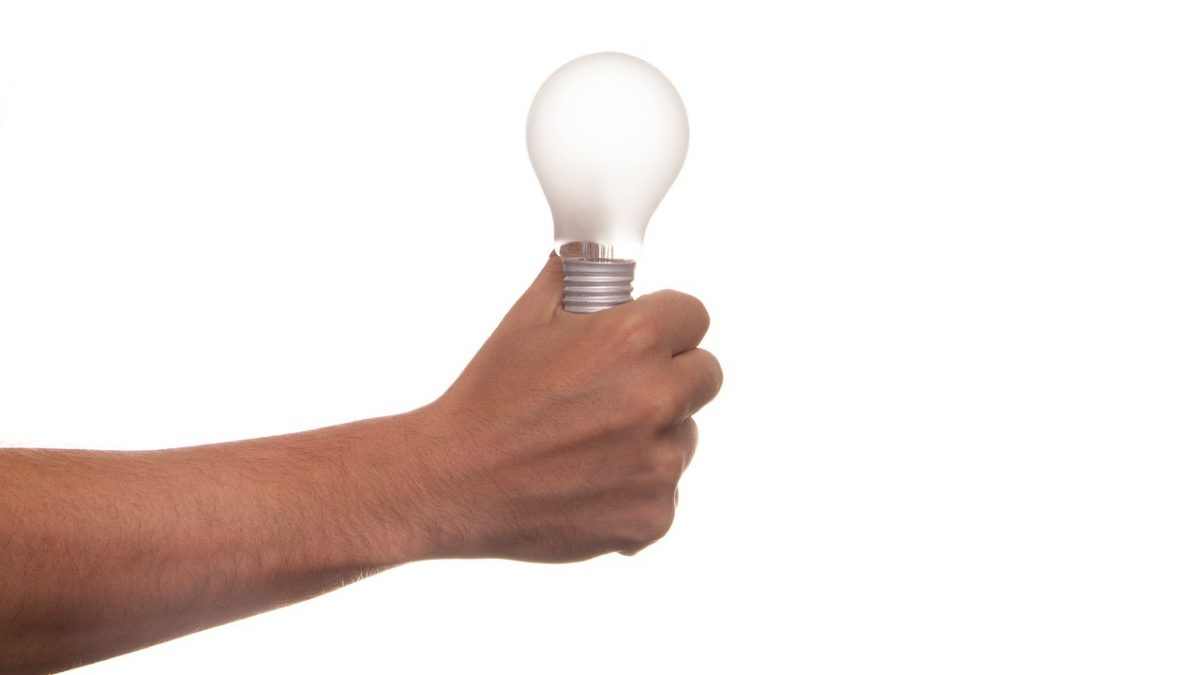
Should You Keep Separate Checking Accounts When You Get Married?
April 15, 2019
Credit Card Regret: It’s More Common Than You Think
May 6, 2019
Save Money by Taking Your Spring Cleaning to the Next Level!
Now that March has gone out like a lamb (a waterlogged lamb in many parts of the country), Springtime is here, and that means it’s time for that beloved annual tradition—Spring Cleaning.
In surveys conducted by the American Cleaning Institute, responses indicate that as many as 91% of Americans and 96% of Millennials engage in spring cleaning, so it seems safe to say we’re all in this together.
As you open the windows and begin your routine of washing, sweeping, dusting, and decluttering, the goal is to spruce up your home’s interior while eliminating things you no longer need. When done correctly, spring cleaning can actually make you happier and healthier. So, it makes sense to be as thorough as possible. This year, while you’re busy cleaning your fixtures and furniture, it might be a good idea to update some common household items to more energy-efficient options. A more efficient home is an investment that can save you money all year long, and we’re pretty sure lower utility bills will boost your mood as well!
Simple Ways to Make Your Home More Energy Efficient This Spring
- Energy-Saving Power Switch
By completely cutting off all power when an electronic device isn’t in use, these plug-in adapters reduce the costly effects of “vampire energy.” While the term sounds scarier than it should, vampire energy refers to the power that still flows to a device even when it is turned off. These handy switches can be purchased online or in your local hardware store for $10 or less. And with prices that low, your return on investment can be quite substantial. - Low-Flow Showerhead
According to a research project conducted by the Alliance for Water Efficiency, the average American shower lasts for just over 8 minutes and uses approximately 17 gallons of water. The average flow rate works out to be roughly 2.1 gallons per minute (gpm). By switching to a low-flow shower head that reduces usage to 1.25 gpm, you can save an average of $32 per year per person. For a couple, that means $64 in savings each year—especially impressive considering that most low-flow showerheads can be purchased for $10-15. - Smart Thermostat
The Internet has revolutionized the way we communicate, shop, and even do our banking. Now, thanks to smart products like the Nest Thermostat, it appears that it has also changed the way we save on energy-related expenses. While the initial price of a Nest will set you back approximately $250, the average annual home energy savings of $150 per year means you’ll recoup your investment in less than two years. After that, the savings just continue to add up. - Energy Audits
Not sure where to begin? An energy audit can help! Depending on your location, energy audits can cost anywhere from $250 to $600. And while that might seem like a lot to pay up front, the potential savings can make it worth the investment. During a professional energy audit, efficiency experts utilize specialized tools to identify areas where your home may be using excessive energy, which, in turn, can help you pinpoint which improvements will make the biggest difference. To find an energy auditor and prepare for an audit, check out these helpful tips.
Throughout this article, we’ve talked about a few relatively low-cost ways to improve your home’s energy efficiency. But maybe you’re thinking a little bigger this spring. If you need a little more incentive to make big-ticket improvements like installing new windows, updating your HVAC system, or adding solar panels, federal tax incentives may provide just the push you’re looking for. Usually available in the form of rebates, these incentives are designed to encourage homeowners to update their home systems to be more energy-efficient and sustainable. If you’ve been thinking about making some major energy-saving upgrades around your house, don’t forget to see if they qualify for valuable government incentives. When it comes to saving energy and saving money, every little bit helps!



